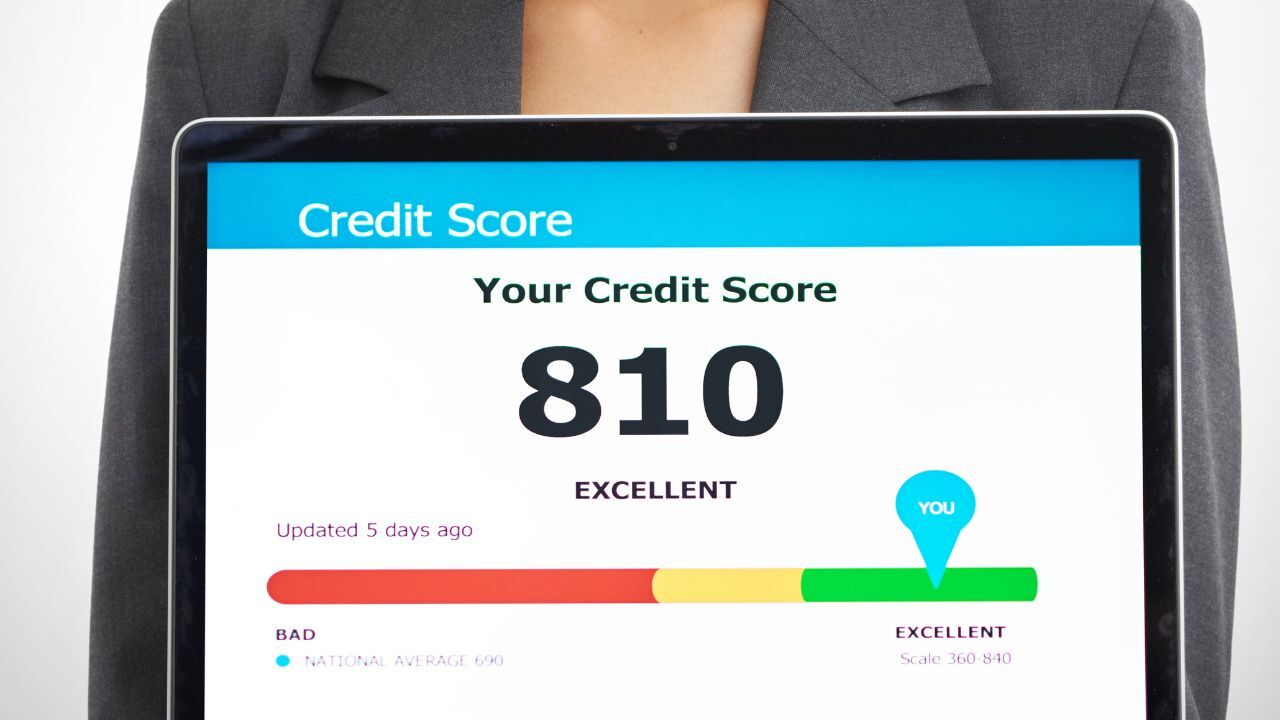Steps to Take Now to Build Your Credit for a Home Purchase Next Year
 Buying a home is one of the most exciting goals you can set, but your credit score plays a major role in how easy or challenging the process will be. The good news is that with time and planning, you can strengthen your credit and set yourself up for a smoother approval when you are ready to buy next year.
Buying a home is one of the most exciting goals you can set, but your credit score plays a major role in how easy or challenging the process will be. The good news is that with time and planning, you can strengthen your credit and set yourself up for a smoother approval when you are ready to buy next year.
Review Your Credit Report
Start by pulling your credit report from all three major credit bureaus. Review each report carefully to make sure that your personal information and account details are accurate. Dispute any errors right away, since mistakes can bring down your score unnecessarily. This first step gives you a clear picture of where you stand and what needs attention.
Pay Down Existing Balances
One of the fastest ways to improve your credit score is to reduce your credit card balances. High credit utilization, which means using too much of your available credit, can make lenders view you as a higher risk.
Aim to keep your balances below thirty percent of your credit limit, and if possible, pay them off completely each month. Consistent progress here can have a significant positive impact.
Make All Payments on Time
Your payment history is the single biggest factor in your credit score. Set up reminders or automatic payments to ensure every bill is paid on time. Even one late payment can hurt your score. If you have any past-due accounts, bring them current as soon as possible. A record of consistent, on-time payments builds trust with future lenders.
Avoid Taking on New Debt
While it might be tempting to open a new credit card or finance a large purchase, adding new debt right before applying for a mortgage can lower your score. Each new inquiry slightly impacts your credit, and a higher balance increases your debt-to-income ratio. Focus on maintaining stability and demonstrating that you can manage your existing accounts responsibly.
Keep Older Accounts Open
The length of your credit history also matters. If you have older accounts in good standing, keep them open. Closing old accounts shortens your credit history and can reduce your available credit limit, which may cause your score to drop. Instead, use those accounts occasionally and pay them off to keep them active and positive.
Building good credit takes time, consistency, and awareness, but starting now can make a huge difference when you are ready to purchase a home next year. By following these steps, you will be in a stronger financial position and feel confident when it is time to meet with a lender.

 As we move into the last month of 2024, many potential homebuyers are eagerly awaiting a drop in mortgage rates. With inflation numbers looking promising, there’s hope that the Federal Reserve will lower the federal funds rate, which typically drives mortgage rates down as well. If you’re planning to buy a home or refinance when rates drop, now is the perfect time to start preparing. Here are five key steps to get ready for the mortgage rate decrease and ensure you’re in the best possible position:
As we move into the last month of 2024, many potential homebuyers are eagerly awaiting a drop in mortgage rates. With inflation numbers looking promising, there’s hope that the Federal Reserve will lower the federal funds rate, which typically drives mortgage rates down as well. If you’re planning to buy a home or refinance when rates drop, now is the perfect time to start preparing. Here are five key steps to get ready for the mortgage rate decrease and ensure you’re in the best possible position: